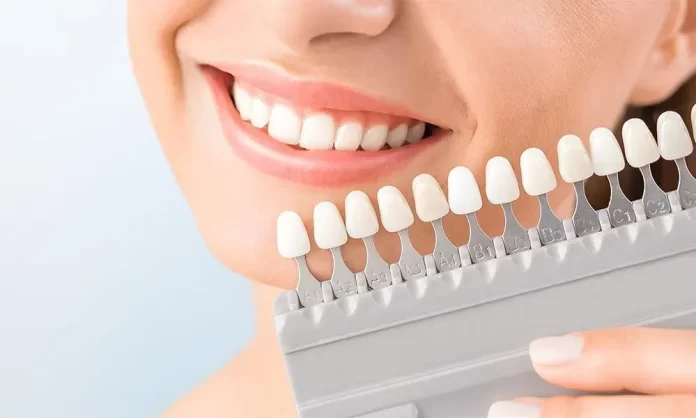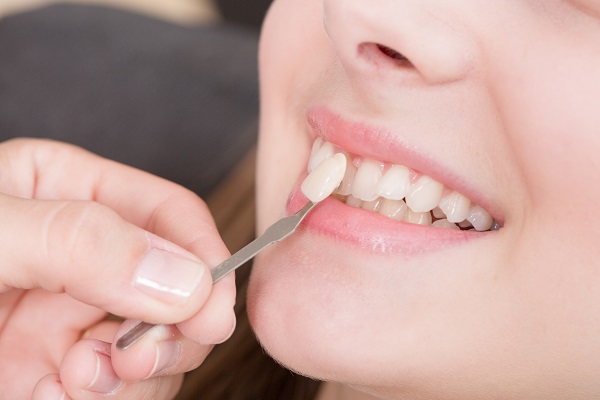Introduction
Dental veneers are a popular cosmetic dentistry solution for achieving a perfect smile. But once you get them, do they require special aftercare? The answer is yes! Just like any investment in your appearance, veneers need proper maintenance to stay in top shape. In this guide, we’ll explore the best aftercare practices to keep your dental veneers in Melbourne looking pristine for years to come.
Understanding Dental Veneers
Dental veneers are thin, custom-made shells designed to cover the front surface of teeth. They are typically made from porcelain or composite resin and are used to enhance the appearance of teeth by correcting issues like discoloration, gaps, or misalignment.
Why Is Aftercare Important?
Proper aftercare ensures that veneers stay in good condition and last as long as possible. Neglecting care can lead to staining, chipping, or even detachment, which could result in expensive repairs or replacements.
Immediate Care After Getting Veneers
- Avoid hard or sticky foods for the first few days.
- Be mindful of sensitivity, as your teeth may react to hot and cold temperatures.
- Use a soft-bristled toothbrush to prevent scratching the veneer surface.
Daily Oral Hygiene Routine
Maintaining good oral hygiene is key to keeping your veneers in great shape. Follow these steps:
- Brush twice a day with a non-abrasive fluoride toothpaste.
- Floss daily to remove plaque buildup between teeth.
- Use alcohol-free mouthwash to avoid damaging the bonding material.
Foods to Avoid with Veneers
To prevent damage or staining, it’s best to limit certain foods and drinks:
- Staining foods and drinks: Coffee, tea, red wine, and dark berries.
- Hard foods: Ice, nuts, and hard candies that can chip veneers.
- Sticky foods: Caramel and chewing gum that can weaken the bonding.
How to Prevent Damage?
- Avoid using your teeth as tools (e.g., opening bottles or biting nails).
- Wear a mouthguard if you grind your teeth or play contact sports.
- Be cautious with extremely hot or cold foods to prevent veneer loosening.
Dealing with Sensitivity
It’s common to experience some sensitivity after getting veneers. If it persists:
- Use sensitive toothpaste to soothe discomfort.
- Avoid extremely hot or cold beverages.
- Consult your dentist if sensitivity continues beyond a few weeks.
The Role of Regular Dental Visits
Routine check-ups help maintain your veneers and overall oral health:
- Get a professional cleaning every six months.
- Your dentist can check for any wear and tear.
- Any minor issues can be fixed before they become major problems.
Can You Whiten Veneers?
Unlike natural teeth, veneers do not respond to whitening treatments. If they become discolored:
- Consider professional polishing by your dentist.
- Avoid staining foods and drinks to maintain their brightness.
- If veneers discolor over time, replacement may be necessary.
What to Do If a Veneer Gets Damaged?
- Do not panic—see your dentist as soon as possible.
- If the veneer is loose, avoid chewing on that side.
- Store the broken veneer (if possible) and bring it to your dentist.
How Long Do Veneers Last?
With proper care, veneers can last between 10 to 15 years, or even longer. Factors that affect their longevity include:
- Personal oral hygiene
- Diet and lifestyle choices.
- Regular dental visits for maintenance.
Common Myths About Veneers
- “Veneers don’t need special care.” – False! Proper aftercare is essential.
- “They last forever.” – No, they have a lifespan and may need replacement.
- “Veneers ruin your natural teeth.” – When done correctly, veneers do not harm natural teeth.
Final Thoughts
Taking care of your dental veneers is essential for maintaining a beautiful, long-lasting smile. By following these simple aftercare tips—practicing good hygiene, being mindful of your diet, and visiting your dentist regularly—you can enjoy the benefits of your veneers for many years.
Frequently Asked Questions (FAQs)
-
How soon can I eat after getting veneers?
You can eat after the numbness wears off, but stick to soft foods for the first few days to avoid putting stress on your veneers.
-
Do veneers feel different from natural teeth?
Initially, veneers may feel slightly different, but most people adjust within a few weeks and don’t notice a difference.
-
Can veneers fall off?
While rare, veneers can come loose or fall off if the bonding weakens. This is why avoiding excessive force, like biting on hard objects, is crucial.
-
Are veneers covered by dental insurance?
Most insurance plans classify veneers as a cosmetic procedure, so they are usually not covered.
-
Can I get cavities under veneers?
Yes! The natural tooth underneath can still develop cavities, so maintaining good oral hygiene is essential.
By following these aftercare guidelines, your veneers will remain in excellent condition, giving you a confident and radiant smile for years to come!









